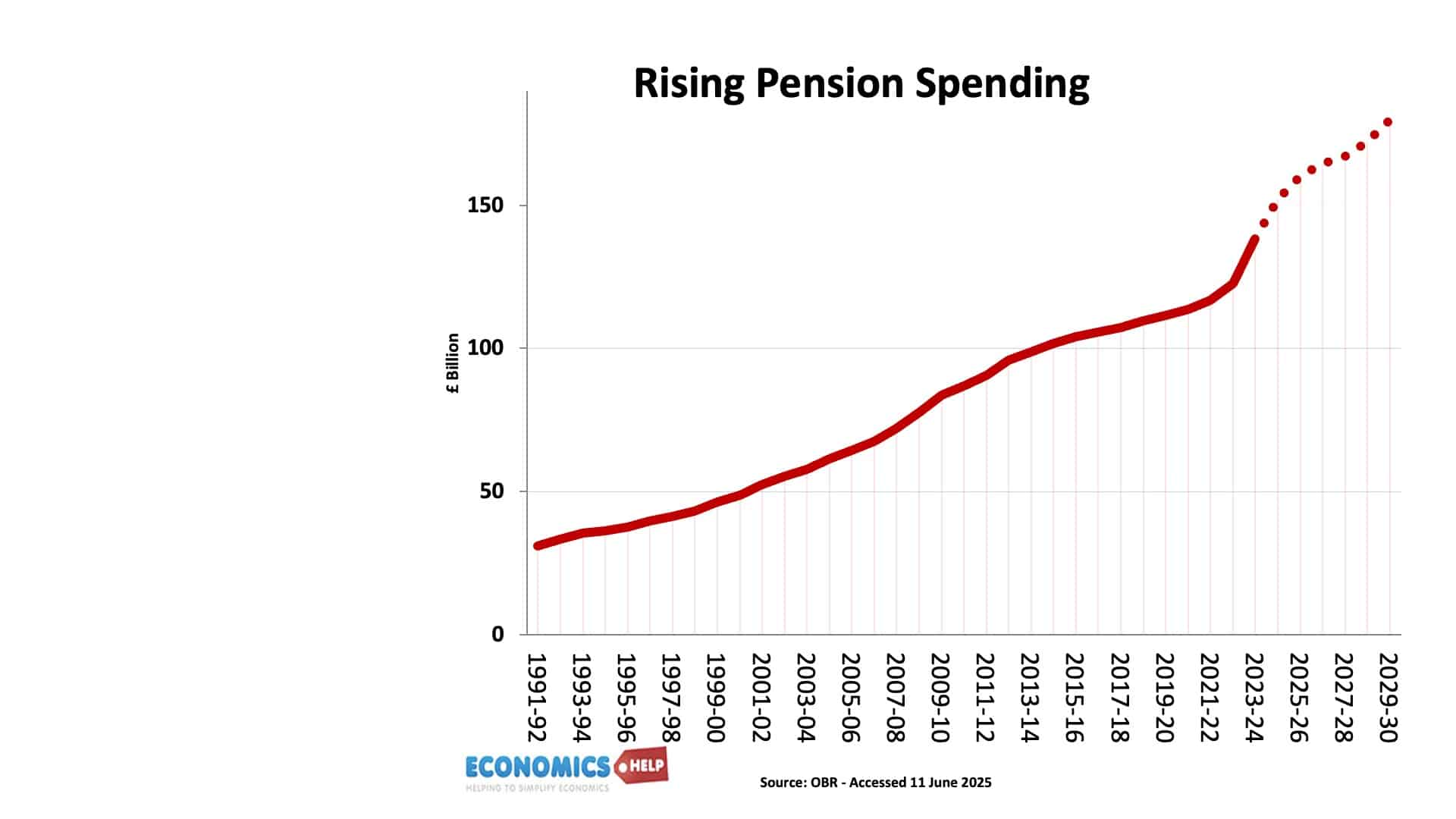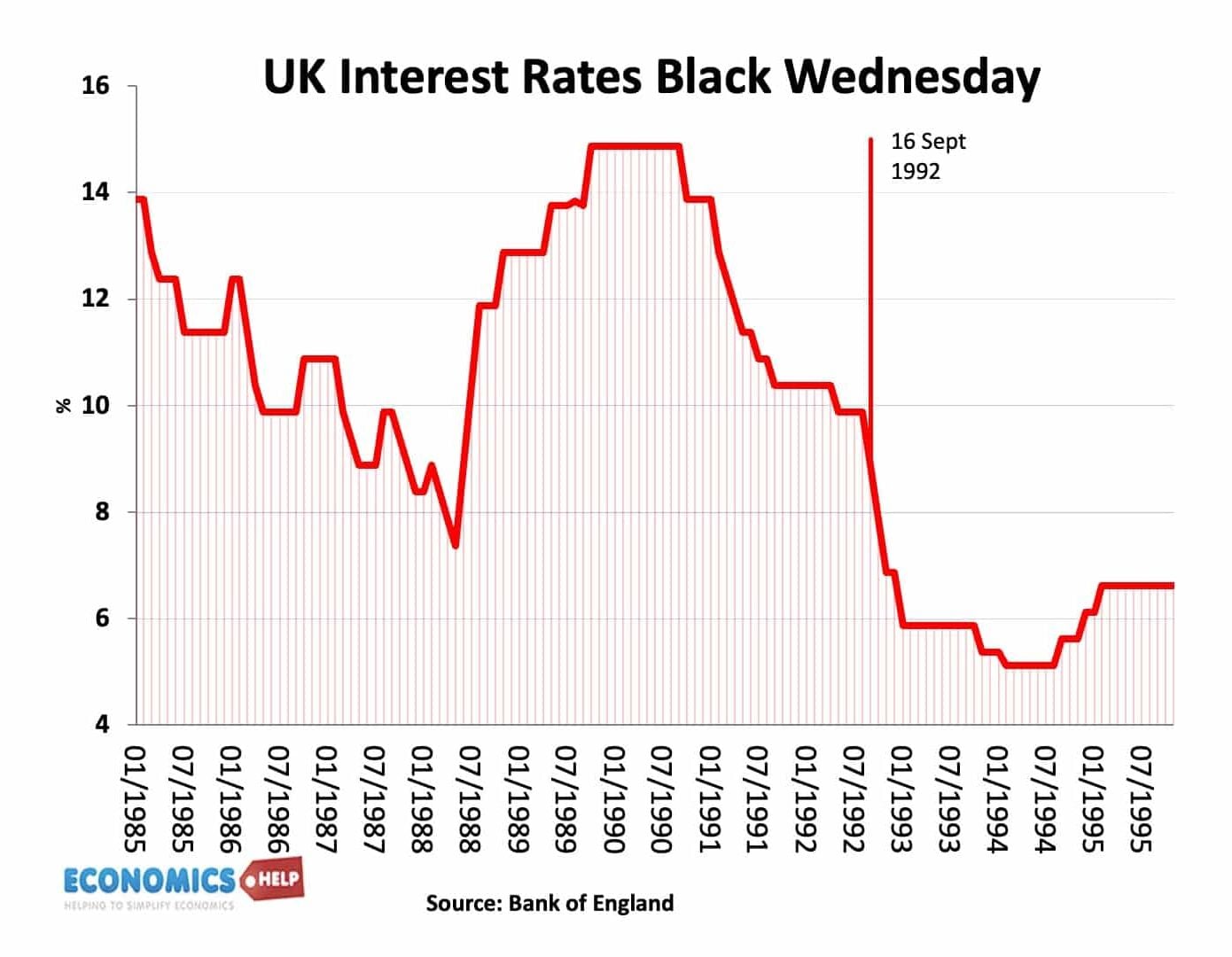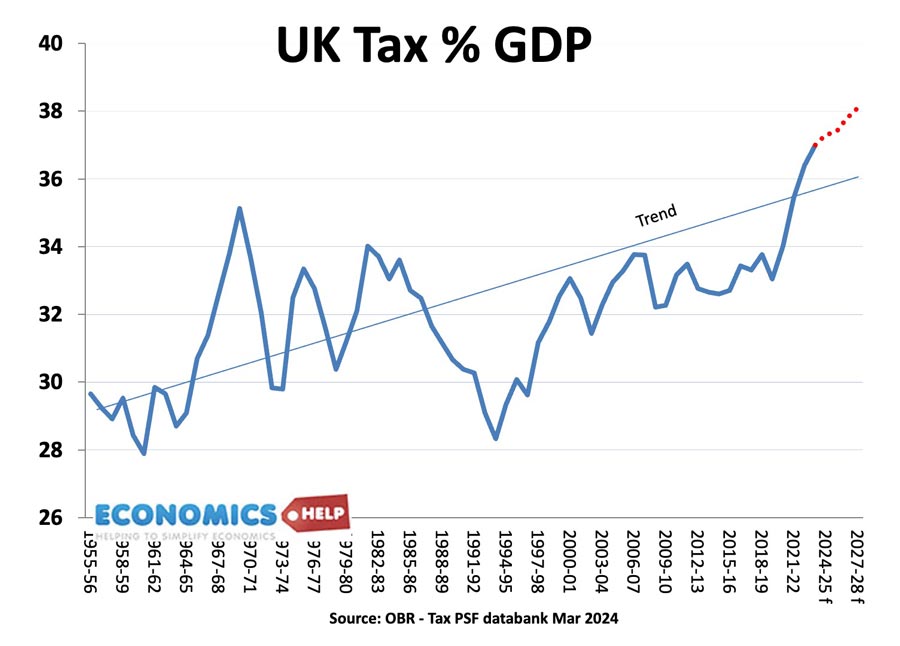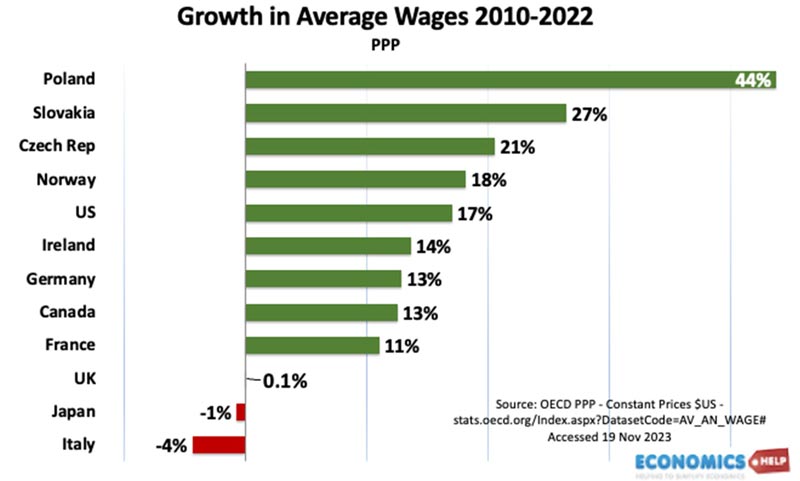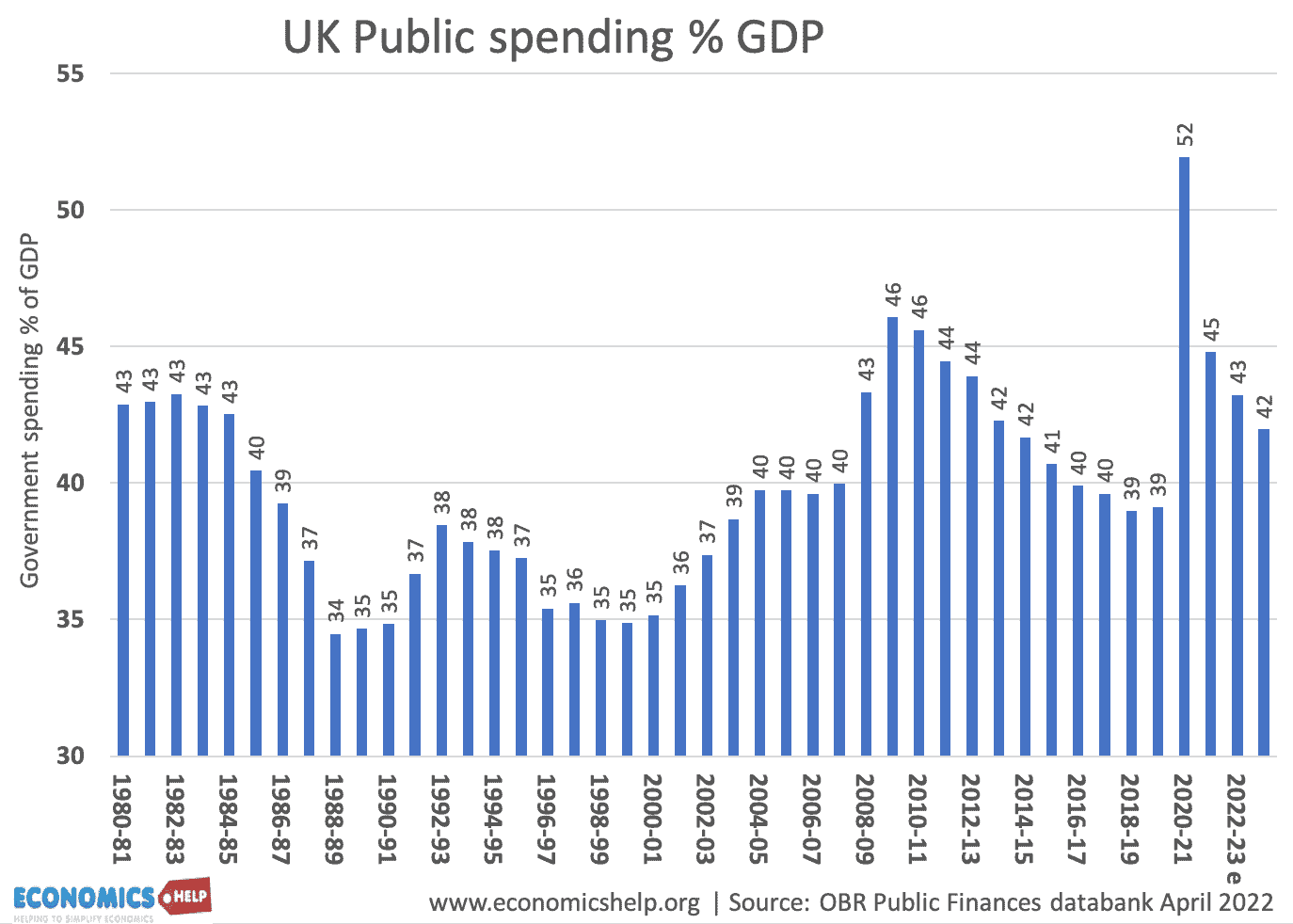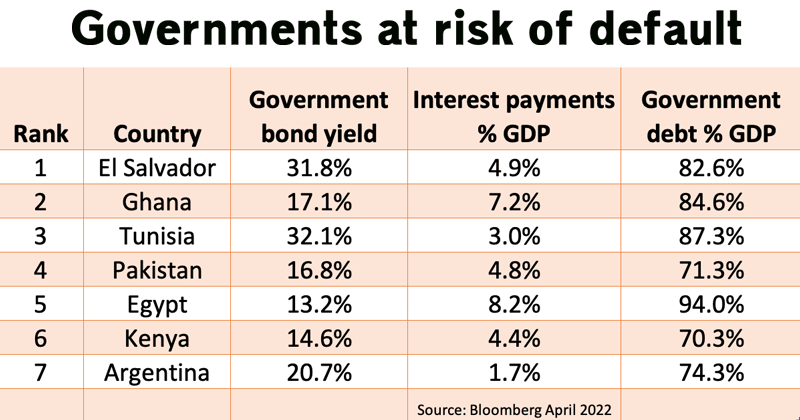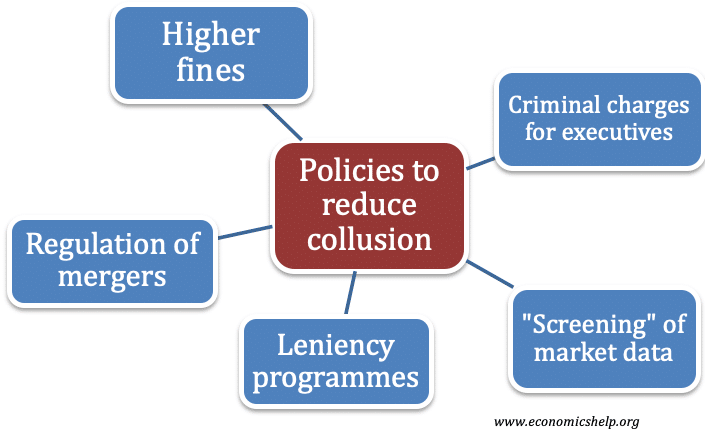Where does all the government spending go?
Why is there No Money Left?Watch this video on YouTube Last July, the new Chancellor Rachel Reeves, announced winter fuel payments for pensioners would be means tested. She hoped this brave and bold decision to stabilise Britain’s finances would be welcomed as a sign Labour were a serious government full of serious people. Labour Ministers …

